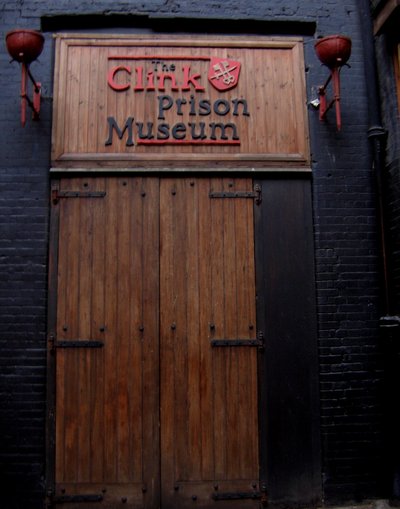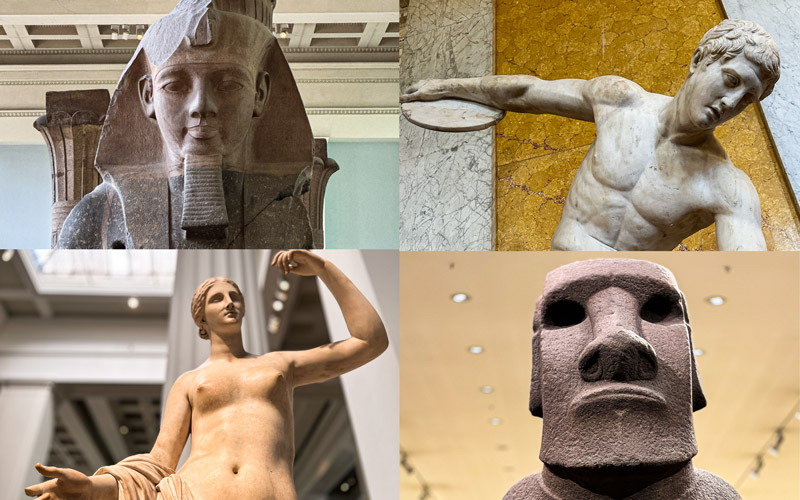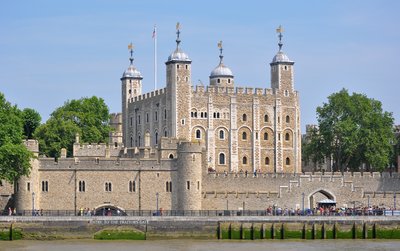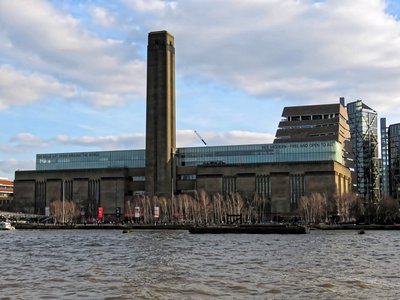⭐ Highligts
Liberty of the Clink
Shows how an autonomous church jurisdiction ran law and order—and profited from licensing vice—outside the City's control.Follow a map of Bankside's stews and playhouses to see why this tiny 'liberty' needed its own prison.
📍 Intro gallery
Punishment & Restraint
Replica manacles, bilboes and the pillory demonstrate everyday carceral technology and debt enforcement.Handle reproduction irons and decide which were for immobilising debtors versus dangerous offenders.
📍 Central hall
Faith, Heresy & Dissent
Explains why religious nonconformists and moral offenders often shared cells in the Clink.Match a prisoner's offence to the authority that sentenced them—bishop, City or crown.
📍 Rear cases
Gordon Riots Aftermath
Traces how anti-Catholic riots in 1780 razed the prison, ending six centuries of the 'Clink'.Read riot notices and compare to surviving engravings of the ruins.
📍 Final bay
Opening Hours
Admissions
🤓 Fun Facts
The Clink belonged to the Bishops of Winchester, who governed the 'Liberty of the Clink'—a medieval enclave on Bankside where they licensed brothels known as the 'stews'.
The slang 'in the clink' is widely attributed to this prison's name and long notoriety on Bankside.
The prison is documented from the 12th century and was finally destroyed during the Gordon Riots in 1780.
So-called 'Winchester Geese'—women working in the licensed stews—fell under the bishop's jurisdiction and could be imprisoned here for infractions.




